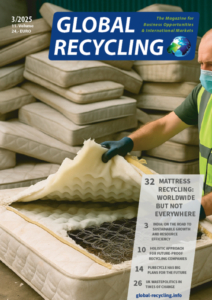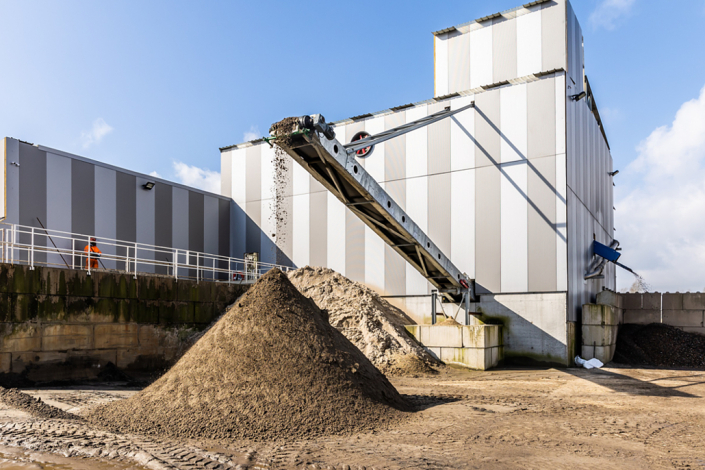
Wet Processing Provider CDE Realized Its First Solution in Belgium
Ireland-based company CDE has commissioned its first solution…
30/09/2021/by msv2016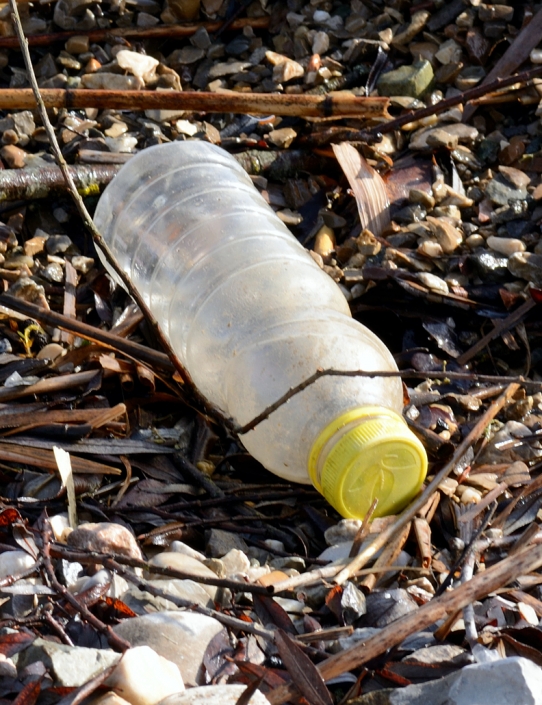
The UN’s Basel Convention Takes Significant Steps against Marine Plastics, Microplastics and Plastic Littering
BIR Trade & Environment Director Ross Bartley has attended…
14/05/2019/by msv2016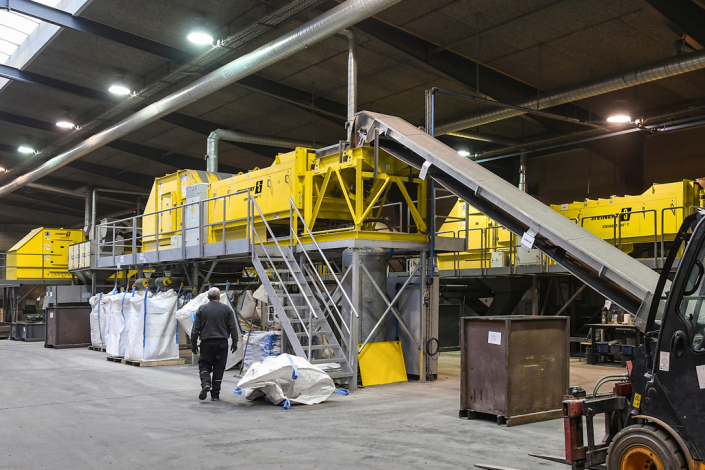
Maximum Aluminium Purity for the Circular Economy
In order to conserve resources, we need to reuse raw materials…
20/07/2023/by msv2016
German Aluminum Alloy Sorting Project
Tomra Recycling and Gerhard Lang Recycling collaborate in KANAL,…
17/08/2025/by msv2016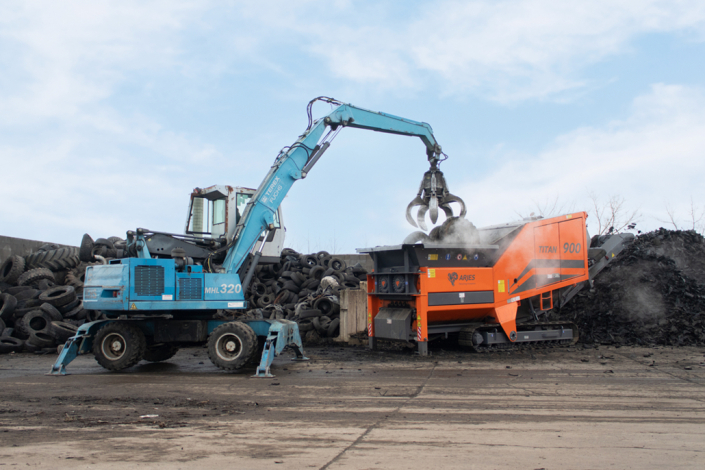
ARJES: Large-Scale Tire Recycling Demo
At the German trade fair RecyclingAKTIV & TiefbauLIVE 2023…
15/04/2023/by msv2016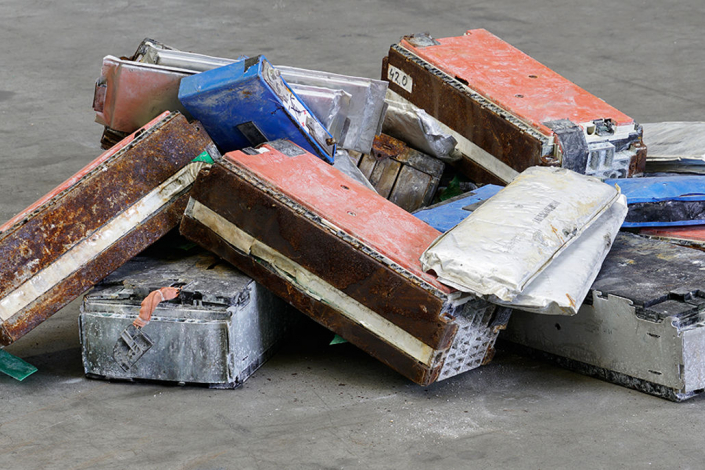
Innovative Recycling Solutions from URT Umwelt- und Recyclingtechnik GmbH
For more than 10 years, the German plant manufacturer URT Umwelt-…
21/07/2022/by msv2016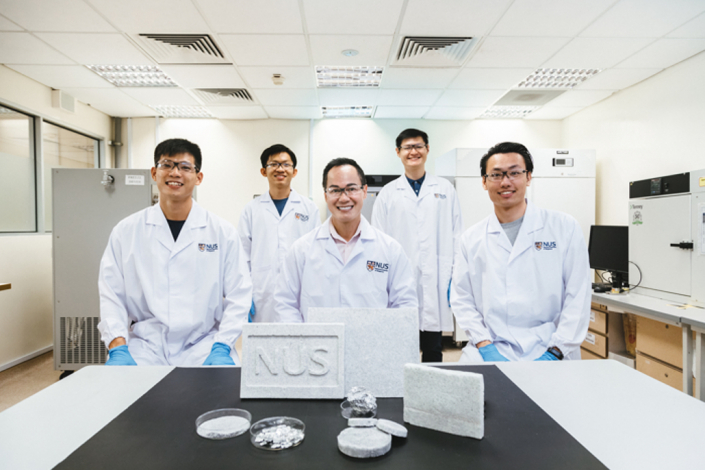
Metal Waste Can Be Transformed in Aerogels
Scientists of the National University of Singapore (NUS) have…
05/10/2021/by msv2016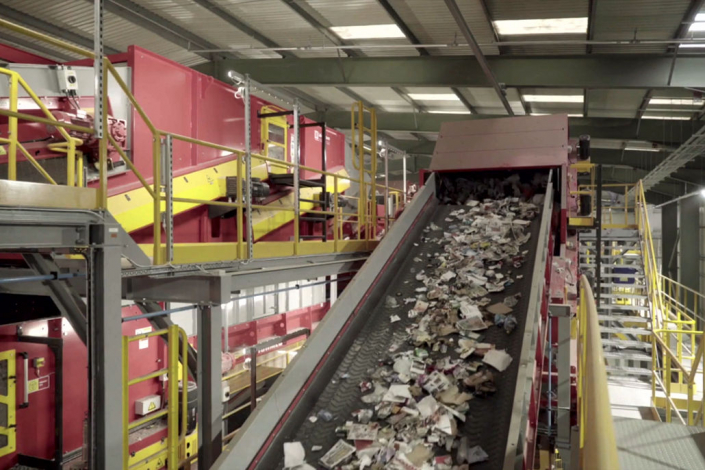
Turmec to Upgrade Recycling Facility in Scotland
Irish waste processing and recycling solutions provider Turmec…
09/08/2022/by msv2016
The Market for Plastic Pallets in the United Arab Emirates
According to new research published by India-based Astute Analytica,…
09/08/2025/by msv2016
Paper Filter from Algae for Water Treatment
The problem of access to safe drinking water in most parts of…
02/04/2020/by msv2016
Recycleye Founders Win “Young Inventors Prize”
In June this year, the European Patent Office (EPO) honored Belgian…
18/10/2022/by msv2016
Saudi Arabia Ventures into Sustainable Waste Management
The Kingdom of Saudi Arabia’s National Center for Waste Management…
01/07/2024/by msv2016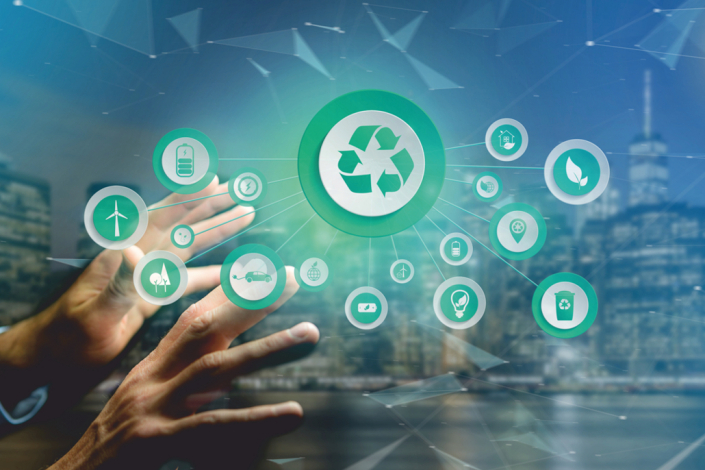
Circular Economy and Business Opportunities
Business models centered on industrial symbiosis play a crucial…
04/04/2025/by msv2016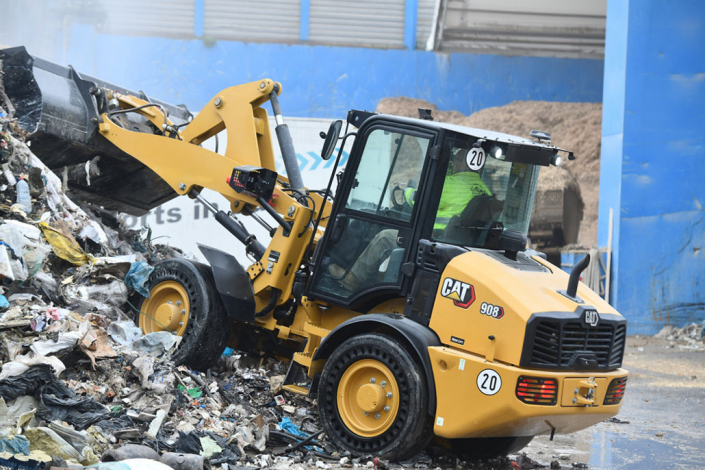
New Next Generation of Compact Wheel Loaders
Caterpillar offers the new Next Generation Cat 906, 907, and…
05/08/2022/by msv2016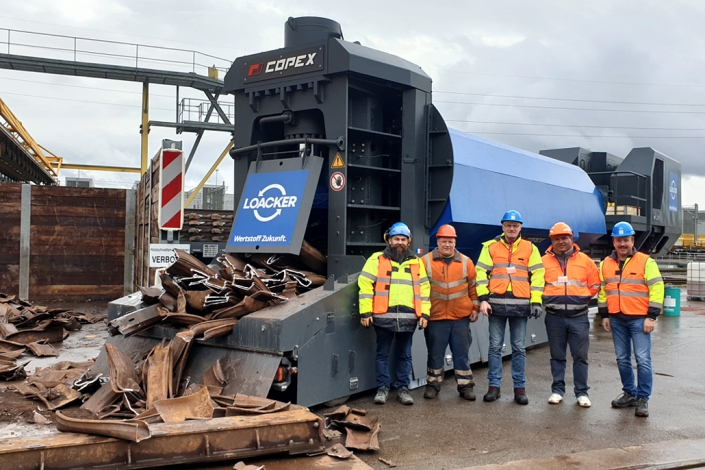
LOACKER Swiss Recycling Has Taken Delivery of a REFLEX650 from COPEX
COPEX has just started a REFLEX mobile scrap shear with a cutting…
15/04/2019/by msv2016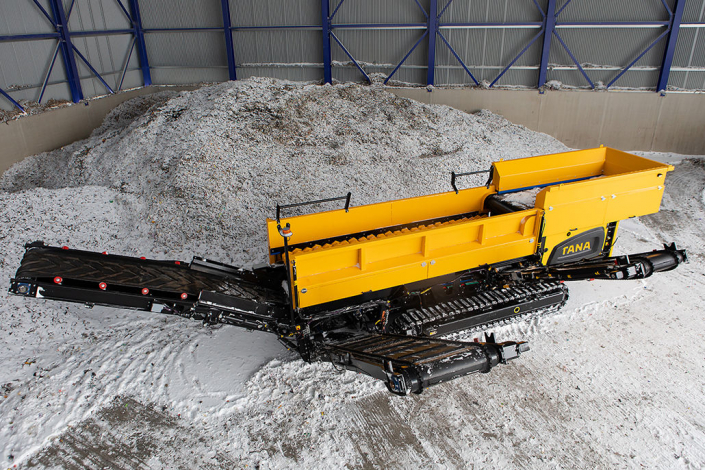
Tana Presented New Machines at IFAT
Finnish machine producer Tana has expanded its product range…
06/08/2022/by msv2016














